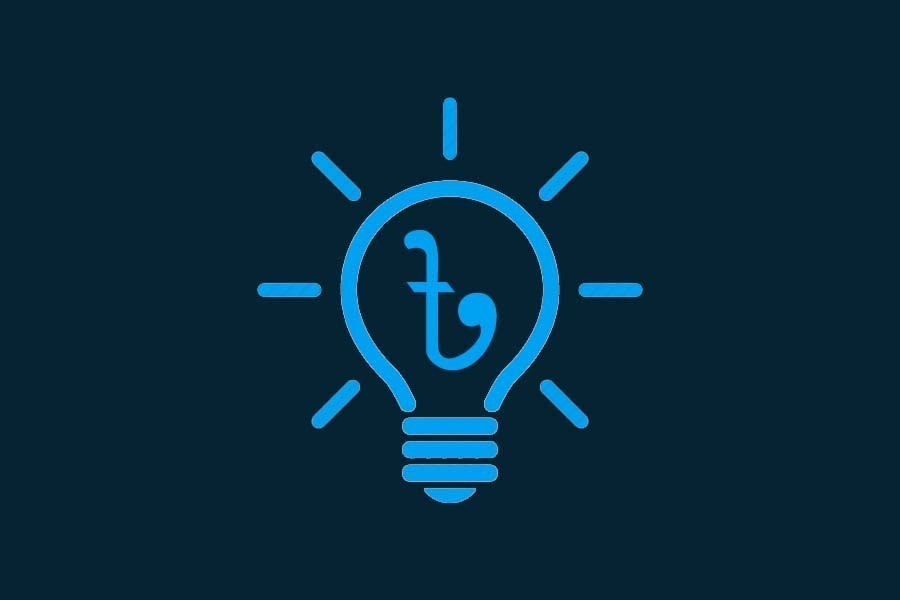The Bangladesh Energy Regulatory Commission (BERC) has reportedly announced an upward adjustment of the per unit tariff of power at Tk 6.22 for bulk consumers to be effective from next month. It is a 19.92 per cent increase over the previous rate of Tk.5.17 set in February, 2020. Oddly though, for reasons best known to it, the energy regulatory body has skipped the usual practice of holding the final public hearing before going for the latest power price hike. The wholesale price of power in recent years has increased by 118 per cent, while at the retail level it has gone up by 90 per cent. That the present power tariff raise is taking place at the bulk level is of little comfort for common consumers at the retail end. Already the distributor companies are learnt to be in the process of making their pleas to the energy regulatory body (BERC) for a retail level hike in power price.
The BERC's latest move to increase bulk power tariff came following a petition submitted to it by the Bangladesh Power Development Board (BPDB). It may be recalled at this point that the plea for a substantial raise in power tariff through a proposal was made at the beginning of this year by this government agency (BPDB) to compensate, what it said, the government exchequer for a deficit of about Tk300 billion. But the proposal was finally rejected by BERC on October 30 following revisions and public hearings on the grounds that it (the proposal) had data ambiguities. But, again, after a review petition made by the BPDB, the BERC has now gone for this power tariff hike saying that the government would at the same time be providing the power sector with a subsidy of TK170 billion to partially offset the said deficit. What this statement by the BERC implies is that the current raise in tariff is not much considering the huge shortfall in the public exchequer attributable to the power sector that the government is still facing. Even so, the rationale behind the said power-sector-related deficit in the public exchequer is yet to be made plain to the consumers in general.
It may be noted that recently, the delegates of the global lender, the International Monetary Fund (IMF), which visited the country recently in connection with a loan worth US$4.5 billion that the government has been seeking from it (IMF), did also discuss the issue of energy price with the BERC. However, the head of the energy regulatory body reportedly dismissed suggestions regarding any connection between the current tariff hike and the meeting with IMF. Then the questions remain as to why it was necessary to go for this raise in power tariff at a time when the cost of living has witnessed an unprecedented rise due to the runaway inflation, especially, in the prices of essential commodities?
Many are of the opinion, the government could well spare the public of a fresh power tariff hike with money saved by plugging the existing systemic loopholes in the power sector including corruption and irregularities. One could also mention here the tens of billions of taka already paid to the owners of the so-called rental power plants in the form of so-called capacity payment.


